Case Studies in Archaeology II
My Session Status
Sub Sessions
Archaeological research in Canada’s easternmost province enjoys a long and evolving history of community partnerships. This is due, in part, to Memorial University’s unique mandate, which includes a “special obligation to the people of Newfoundland and Labrador.” This obligation promoted community-based research agendas long before knowledge transfer was institutionalized elsewhere. Starting in Red Bay, Labrador, in 1978, local residents worked alongside archaeologists to unearth the remai...
Cette présentation se veut un reflet des pratiques de l’archéologie en France. Une fouille réalisée pour le Conseil départemental des Pyrénées-Atlantiques montre bien les limites et les contraintes (politiques et financières) de la recherche archéologique. Le seul discours toléré à l’échelle d’un département français est celui qui va dans le sens du choix patrimonial. Comment rétablir la vérité historique en faisant le ménage dans les documents historiques anciens et récents et en mettant ...
How transnational refugee groups respond to their plight is clearly an important question. Daily, thousands of people are displaced from homelands across the world due to war or natural calamity. Refugee issues include survival, separation, and the desire for reunification in the face of devastated or distant homelands, human trafficking, detentions, returns, and death at sea or on the road. Under these circumstances little thought is given at the time to the topic of heritage, defined as ...
Since 2011, the Ontario Standards and Guidelines for Consultant Archaeologists have required “Aboriginal Engagement” for projects impacting ancestral archaeological sites. In this paper we examine the historical perception of one First Nation society, the Wendat, by archaeologists and other academics. We argue that Aboriginal engagement process should go beyond informing communities about potential impacts to archaeological sites by development. True engagement is a dialogue in which resea...
Since 2009 a team from the Université du Québec à Rimouski (UQAR) has been carrying out archaeological research on Saint-Barnabé Island. The island dominates the Rimouskois’ imagination as much as it dominates their landscape. Although most of it now belongs to the city and is opened to the public, most Rimouskois have never set foot on it. It has thus been an ideal scene for many stories and tales, all still alive in a vivid oral and written history. From farmers, lumberjacks to bootlegge...
This paper will reflect on the development of a commemoration project that attempts to open a dialogue with descendant communities from the slave-trade period in French Guiana. The collective memory of slavery is a very sensitive issue amongst residents of the Caribbean region and we use twenty years of archaeological and historical research at the Loyola plantation site to present the various questions with which we are confronted in order for the local population to appropriate the spiri...
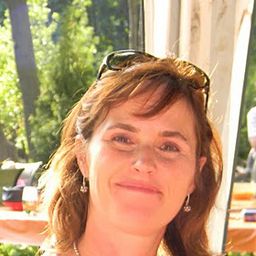
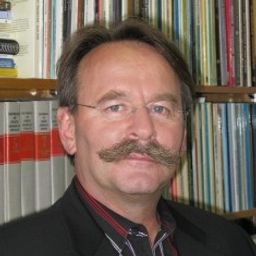

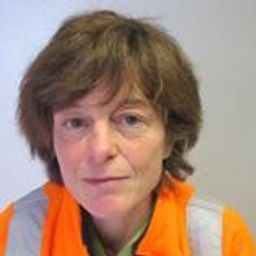
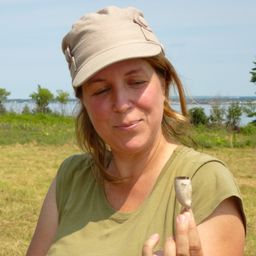
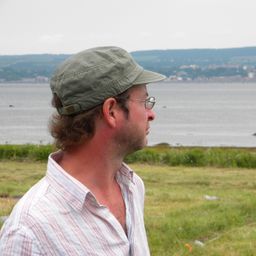
Discussion